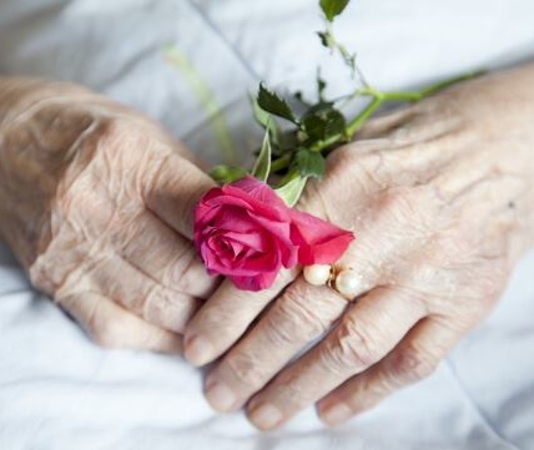If your New Year’s resolution is to make changes as a family caregiver, consider what type of elderly care services are needed for you and your family and what you want to contribute.
Non-medical in-home care services can include personal and companion care depending on a variety of factors including which state the care is delivered in.
Often a family caregiver might feel most comfortable with providing companion care for a loved one. This type of eldercare can include:
· Driving someone to the grocery store, a medical appointment, or to meet up with friends
· Playing games and doing puzzles together
· Assistance with meal preparation
· Light housekeeping, including basic yardwork
Although a family member is typically preferred, in home caregivers for the elderly can do all of these tasks and provide the opportunity to make a new friend. Hiring a caregiver can allow family to remain just that, being a son or daughter or spouse without also being a driver, sous chef, and housekeeper.
When it comes to personal care, family members tend to prefer hiring someone to take on some responsibilities that are too intimate or awkward or even that might require some training to do them correctly. Personal in home care can include:
· Assistance with bathing or showering
· Assistance with grooming and getting dressed
· Toileting help
· Transferring properly from a bed or chair
As you assess your time and abilities as a caregiver for a loved one, consider that you may not be the right person for all of the jobs needed and need to keep caring for yourself too. There can be balance when it comes to caring for an elder loved one whose life has changed due to age, illness or injury to one of interdependence and not just independence.





